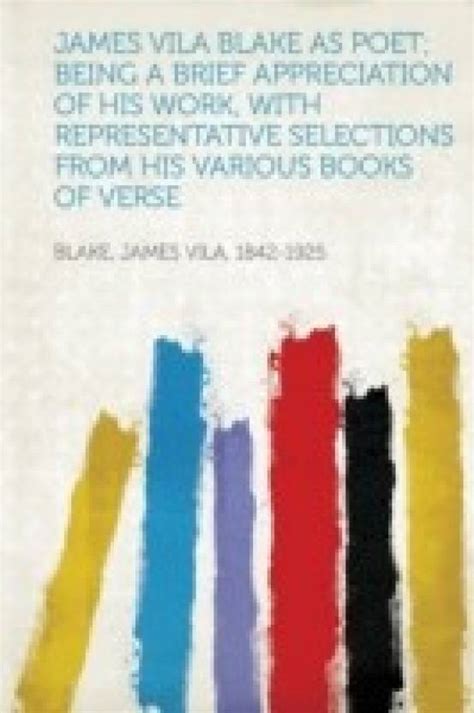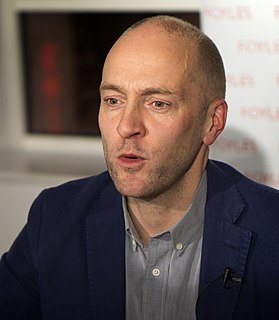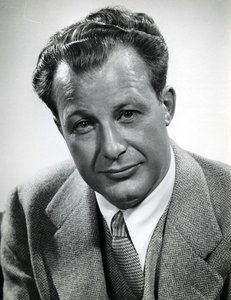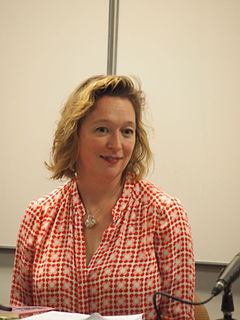A Quote by James Vila Blake
Individuality in opinion, or, what is more, in thinking, is simply one with thinking at all; for he who thinks thereby looks at the thing or the fact itself and takes its measure by observation directly, not content with the measures of others.
Related Quotes
It is always the individual who thinks. Society does not think any more than it eats or drinks. The evolution of human reasoning from the naive thinking of primitive man to the more subtle thinking of modern science took place within society. However, thinking itself is always an achievement of individuals.
There's two kinds of thinking. There is conjunctive thinking and there's disjunctive thinking. Disjunctive thinking says it has to be either/or. Now clearly, there are some either/or's - I either trust Christ or I don't. I'm either pregnant or I'm not. But a lot of thinking in Scripture, when it comes to theology is, in my opinion, conjunctive thinking. It's both/and. I believe that and I believe that.
For better or worse, I tend to do a lot of thinking in my poems. But lately I've been trying to pay more attention to when and where I do that thinking, to be attentive to the settings in which meditation takes place. Sometimes the disconnect between the mind and the world is itself revealing, but in 'The Whole World Is Gone,' I think the setting deeply complements, indeed elicits and allows, a certain set of realizations to occur.
People who think they can just do a non-stop flight to mystical, non-dual thinking, to get it out without going through the process, are usually not right. That's airy-fairy thinking. They have to wait until they are hurt themselves, or they are cheated, or lied to or betrayed, and they will see that their non-dual thinking is not tested, or truly a gift of the spirit. It's simply fuzzy thinking.


































